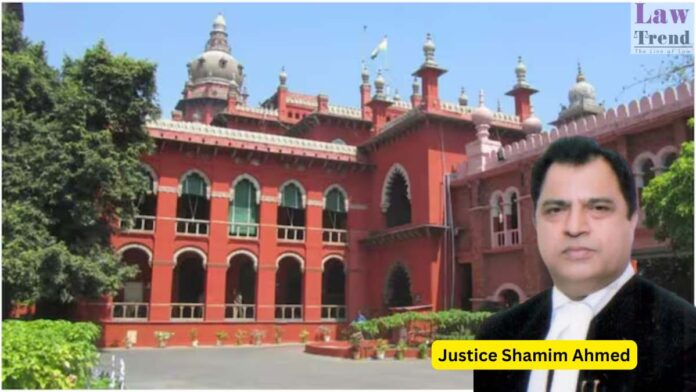The Madurai Bench of the Madras High Court has dismissed a contempt petition filed against educational authorities for alleged non-compliance of a 2013 court order, ruling that the petition was barred by limitation under Section 20 of the Contempt of Courts Act, 1971. The order was passed by Justice Shamim Ahmed in Contempt Petition (MD)
To Read More Please Subscribe to VIP Membership for Unlimited Access to All the Articles, Download Available Copies of Judgments/Order, Acess to Central/State Bare Acts, Advertisement Free Content, Access to More than 4000 Legal Drafts( Readymade Editable Formats of Suits, Petitions, Writs, Legal Notices, Divorce Petitions, 138 Notices, Bail Applications etc.) in Hindi and English.




